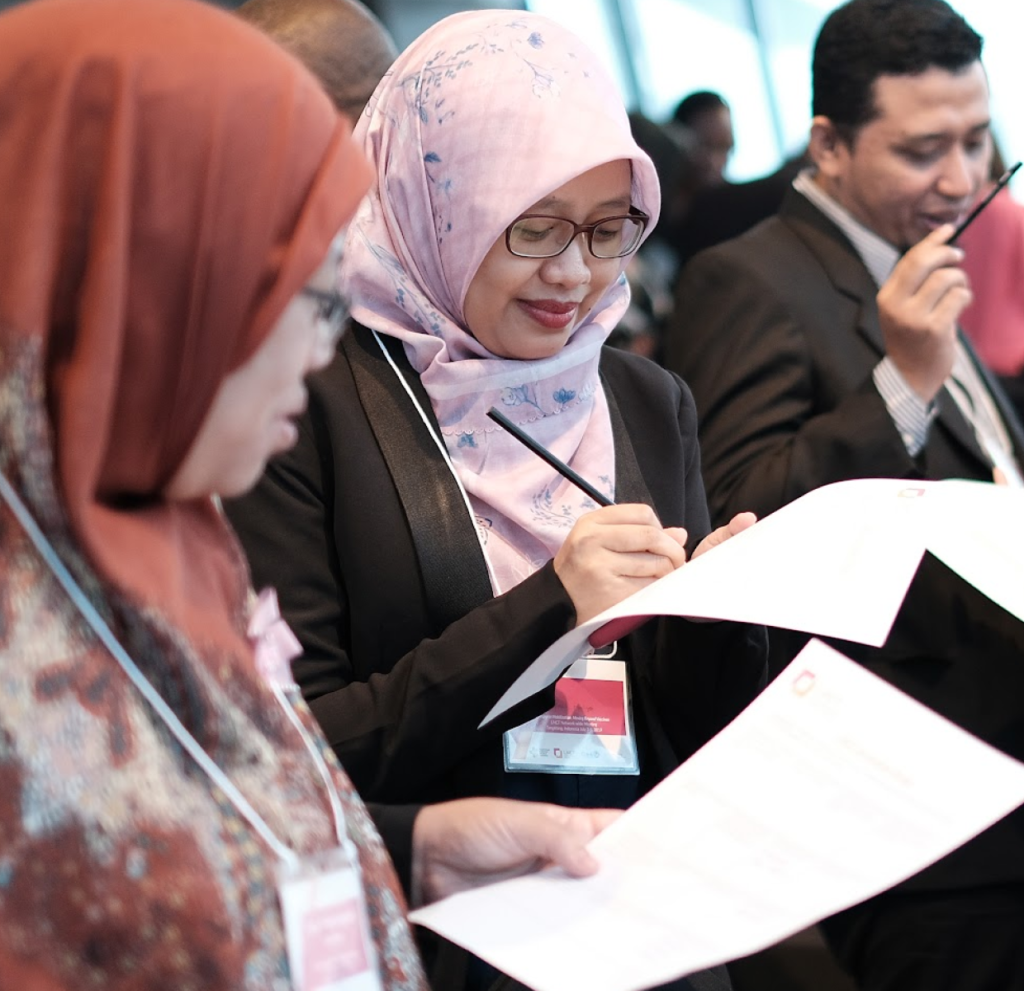Improving the ecosystem for health policy and system research.
A co-creation series for health systems strengthening in Asia.

Health policy and systems research (HPSR) is essential to evidence-based decision-making as countries work to strengthen their health systems. Limited evidence-translation capacity among health policy and systems research institutions (HPSRIs) or weak links between researchers and decision makers can present significant challenges for countries as they work toward achieving universal health coverage.
This program supports HPSRIs, learning platforms, training programs, and other stakeholders through a co-creation process to establish a shared vision of a stronger HPSR ecosystem, develop action plans to carry out that vision, and execute them. Explore our website to learn more.
Recent Co-creation Highlights
From February 2022-May 2022, co-creators held a series of discussions with policymakers, community service organizations, and funders to discuss their role in the research agenda setting process.



 Action Groups
Action Groups
 Action Groups
Action GroupsActions Group


 Convenings
Convenings
 Convenings
ConveningsConvenings
The Health Systems Strengthening Accelerator (aka the Accelerator) launched a series of convenings in May through June in 2021 to help HPSRIs and other stakeholders identify a common vision and generate actionable ideas to improve access to resources and training needed to effectively support the generation, translation, and use of evidence in policy and implementation.
Convenings → Learn more convenings
Resources → Access the vision, action plans, and other materials

Landscaping
Generate HSS Evidence
Analyze Data and Diagnose Problems
Formulate Solutions
Manage Adoption of Solutions
Operationalize and Implement Change
The co-creation process has been informed by a landscaping analysis conducted by the Accelerator. The analysis included interviews with eight HPSRIs selected to represent the diversity of HPSRI organizational types, funding models, experiences, and perspectives. Read more →.




